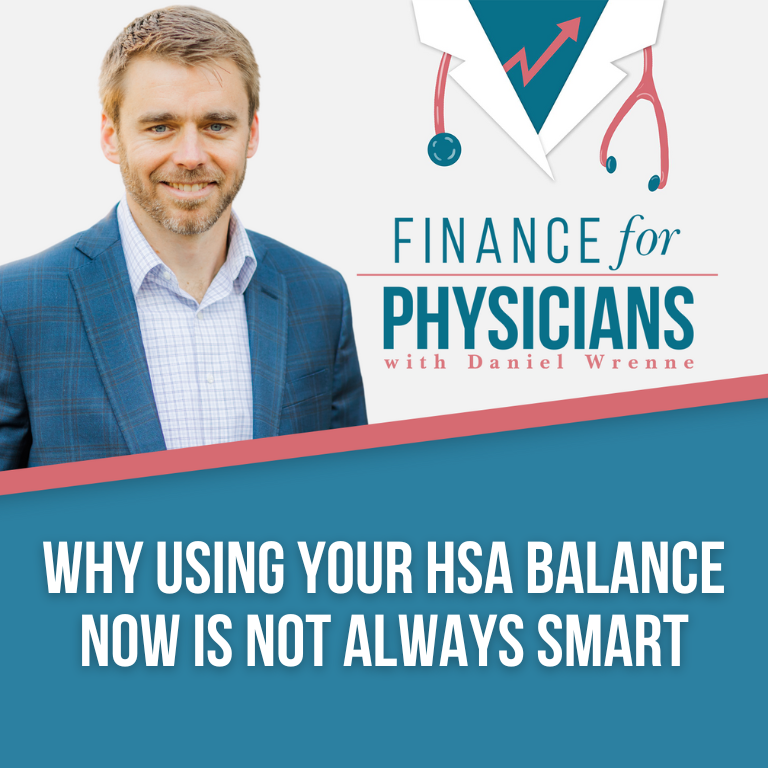Most people assume it’s best to use their HSA for out of pocket healthcare costs. But is that really the smartest decision?
How The HSA works
Contributions are pre-tax or tax-deductible in the year they’re made. The balance, which is NOT required to be used each year, grows tax-free. And qualified withdrawals are also tax-free no matter when those dollars come out.
Most people think of their HSA as a health “spending” account when in reality it can also be a long term wealth building account. Most HSA’s offer a variety of mutual funds to invest in based upon long term goals.
Common HSA Scenario
You go to the doctor and eventually receive the bill after your insurance has paid its share. You can either pay the bill with cash savings or use your HSA. What would you do? Most people would opt for using the HSA, but let’s check out the numbers first.
The HSA is likely the most tax sheltered account you own. It’s certainly more tax sheltered than your savings account. If your $50,000 savings account earns 1%, that’s $500 interest. If you’re marginal income tax rate is 50%, you’ll pay $250 in taxes leaving $250. Therefore 1% ends up really being like 0.50%. In other words, your savings account has a 0.5% “tax drag” on returns.
If you earn the same 1% inside an HSA, it’s not going to incur taxes. Therefore, your after-tax return is also 1%. I’m sure you’re for putting your money to work for you. That’s how you build wealth. So in this case, the savings account dollars pay half what the HSA dollars pay. In other words, the HSA dollars are working 2x harder for you.
The HSA advantage increases even more with longer time periods, higher expected returns and higher tax rates. All things being equal, the HSA always outperforms cash savings or any other taxable account because of its more favorable tax treatment.
The HSA Advantage
If we’re assuming:
– you have plenty of money to pay for healthcare even if you don’t use your HSA.
– your financial ducks are in a row (emergency savings good, no credit card debt, good insurance coverage, etc)
– you have enough future qualified out-of-pocket healthcare expenses during your lifetime to eventually spend down your entire HSA balance
Using the cash now instead an HSA will yield better results. This occurs simply because of the tax benefits associated with the HSA. Tax-free accounts (like HSA’s) will grow faster than taxable accounts (like cash savings accounts). The actual value generated depends upon factors such as time, rate of return, tax rates, and health care costs.
